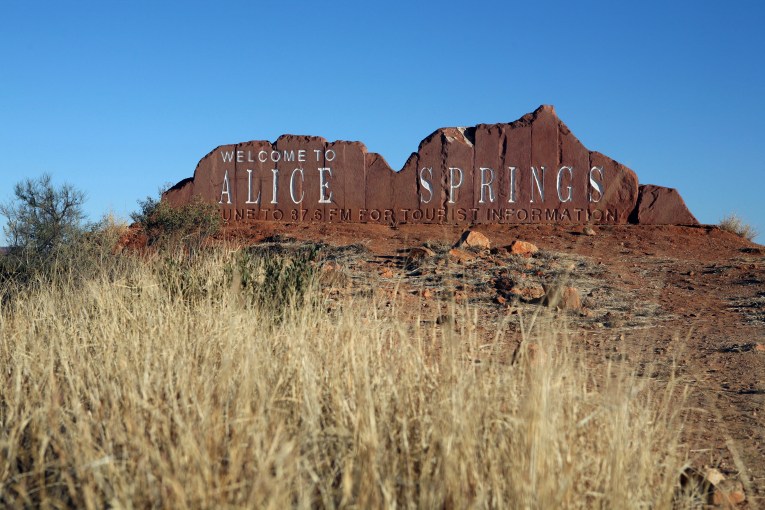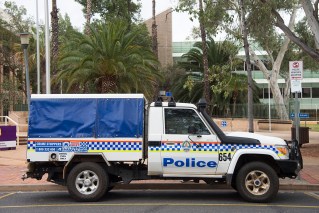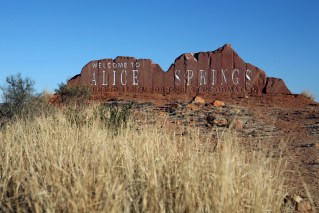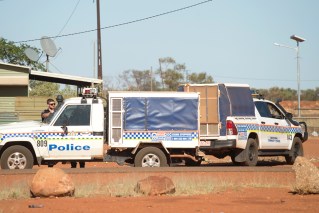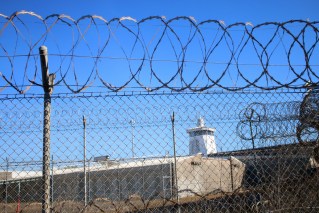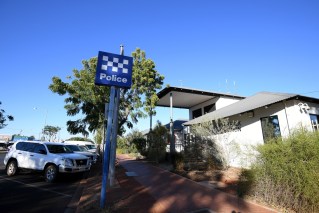Longest land rights claim in Australia settled

ABC
A 37-year fight for land rights, believed to be the longest and perhaps the most torturous in Australian history, has been finalised near Darwin.
On Wednesday, Northern Territory chief minister Adam Giles announced a final settlement had been reached between the Northern Land Council, traditional owners and the federal government on the claim to the Kenbi area on the Cox Peninsula, for which three generations of Larrakia families strived since 1979.
The area covers 65,000 hectares on the Cox Peninsula west of Darwin, with 52,000 hectares to be held in trust and 13,000 devoted to freehold land that can be used for economic development.
• Mentally ill Indigenous people betrayed by the system
• ‘Invaded’ not settled: UNSW rewrites history
• Stan Grant could be our next Indigenous politician
“This settlement is recognition of what already exists. It is recognition of a connection to country and traditional ownership that has continued despite the sweep of history,” federal Indigenous affairs minister Nigel Scullion said in a statement.
The direct beneficiaries of the settlement are the descendants of Tommy Lyons, led by senior elder Raylene Singh. The Lyons group, one of eight Larrakia families, proved they had lived continuously in the area.

The land on the Cox Peninsula cost $32 million to clean up. Photo: ABC
Dr Donna Odergaard, a Larrakia elder not of the Lyons line, said the agreement was “monumental” and a “wonderful legacy” that would benefit all the families and the local community. The Lyons family should be lifted out of “abject poverty” in coming years as a result, she said.
“This is a significant victory for the Larrakia traditional owners,” Dr Odergaard told The New Daily.
“We can quite confidently say it’s the longest-running land claim in Australia’s history.
“The traditional owners will protect the land, the sacred sights and places, and will actually benefit the [Lyons] family, the Belyuen community and the wider Larrakia family.”
Dr Odergaard acknowledged the fact the other seven Larrakia families were not recognised as traditional owners was contentious and had created internal divisions, making the victory “bittersweet”.
“Victory also has that bittersweet side to it. You can’t please everyone,” she said.

The Kenbi land claim will allow public access to parts of the Cox Peninsula. Photo: ABC
The Larrakia claim was the first and last under the Aboriginal Land Rights Act 1976, an NT law. The Larrakia People also brought a claim under the Native Title Act 1993, the federal law made famous by Eddie Mabo, but it was controversially denied in 2006.
NT land commissioner Justice Grey recommend the land be handed back to traditional owners in 2000. The process was delayed by complex negotiations between the Northern Land Council, the NT government, the federal government, the Lyons family, the other seven Larrakia families and the local Belyuen township.
The final contentious issues, now resolved, were camping and fishing access for all Territorians and the clean-up of almost $32 million worth of asbestos.
The Cox Peninsula was previously used by the federal government for communications and defence (leaving behind asbestos-ridden buildings) and by the NT government for landfill.
As part of the agreement, native title claims to the area were voluntarily extinguished, meaning that the areas devoted to freehold can be economically developed.
Click here to learn more about the Larrakia people.

